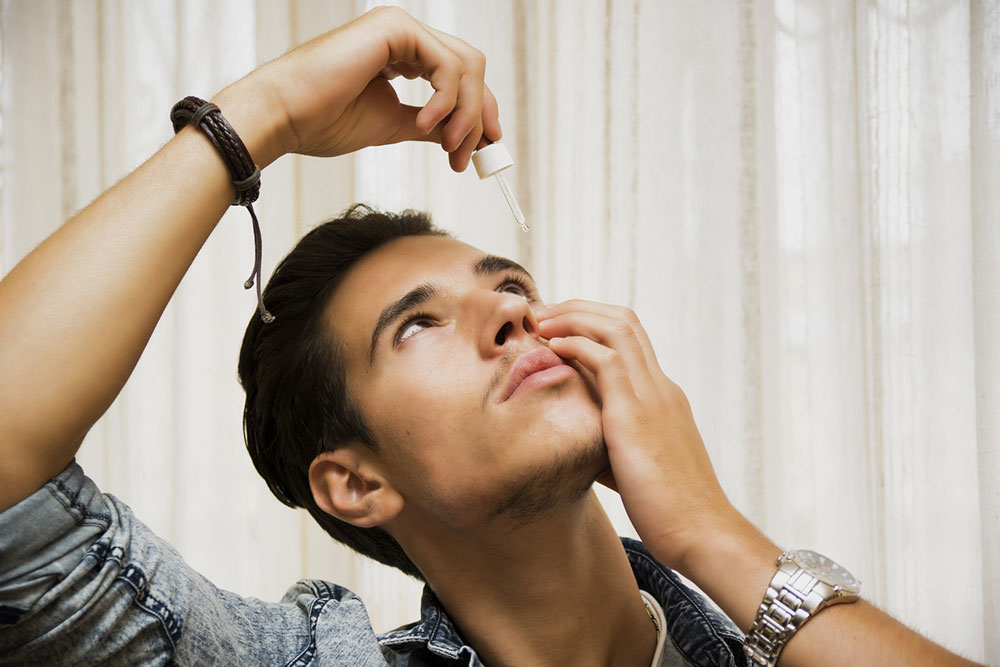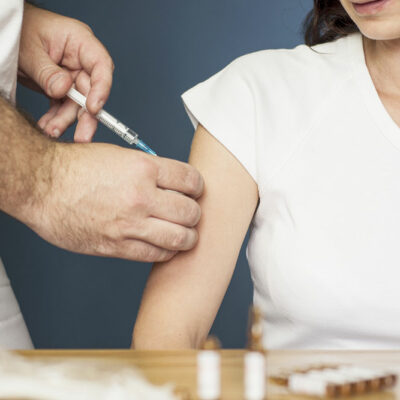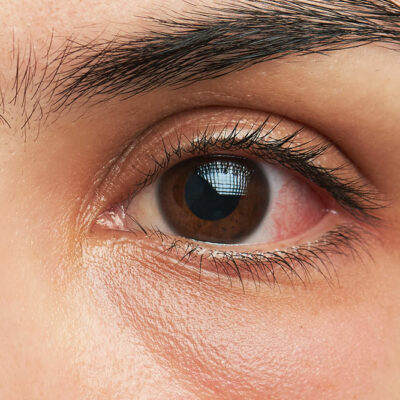
A guide to understanding dry eyes
Dry eyes are an uncomfortable condition that occurs if your tears are unable to impart adequate lubrication to your eyes. Your eyes may experience a little sting or burning sensation in a lot of situations, such as in an air-conditioned room, on an airplane, while sitting in front of a computer screen, etc. The major causes of dry eyes are the tear gland being unable to produce the required amount of tears or producing a drastically decreased amount of tears. Aside from these, conditions such as diabetes, lupus, thyroid disorders, aging and more can also cause dry eyes in an individual.
Proper treatment and medical attention can help in curing the condition. The best treatment for dry eyes includes making certain dietary changes as well as using eye drops to keep the eyes moist.
Common Symptoms of Dry Eyes
The dry eye syndrome is usually seen in both eyes. The most common symptoms are:
- A burning, scratching or stinging sensation in the eyes
- Sensitivity to light
- Accumulation of stringy mucus around the eyes
- Redness in the eyes
- Difficulty in wearing lens
- Difficulty in driving during the night-time
- Irritation in the eyes
- Watery eyes
- Eye fatigue
- Blurred vision
Causes of dry eyes
Tears are made up of a mixture of fatty oils, water, and mucus. These tears help in keeping the surface of the eyes well-lubricated and protect it from getting infected. Inadequate tear production can lead to dry eyes. In some cases, excessive tear evaporation or an imbalance in the makeup of these tears can also result in dry eyes.
Below are some common causes of dry eyes for your perusal:
Inadequate tear production
Medically known as keratoconjunctivitis sicca, this happens when you are not able to produce sufficient tears. It happens due to the following reasons:
- Medical conditions such as rheumatoid arthritis, lupus, thyroid disorders, Sjogren’s syndrome, diabetes and vitamin A deficiency.
- Aging
- Taking medications such as decongestants, antihistamines, antidepressants, hormone replacement therapy, and medicines for controlling high blood pressure, birth control, acne, and Parkinson’s disease.
- Recent laser eye surgery
- Damaged tear glands due to radiation or inflammation.
Increased tear evaporation
Common causes of this include:
- Excessive contact with smoke, wind or dry air
- Less blinking that usually happens when you are concentrating, for instance, during reading, writing, driving, etc.
- Problems in the eyelids, such as out-turning or in-turning of the eyelids.
Imbalance in tear production
As discussed above, the tear film is basically made up of three layers- fatty oils, water, and mucus. Issues with any of these three layers can result in dry eyes. For instance, the oil film, present on the edge of the eyelids (meibomian glands) may get clogged. This generally happens in people suffering from rosacea or other skin problems.
When should you consult a doctor?
If you experience any of the aforementioned symptoms for a long time, it is best to consult a specialist. An ophthalmologist can see what’s troubling your eyes and suggest the right line of treatment.


